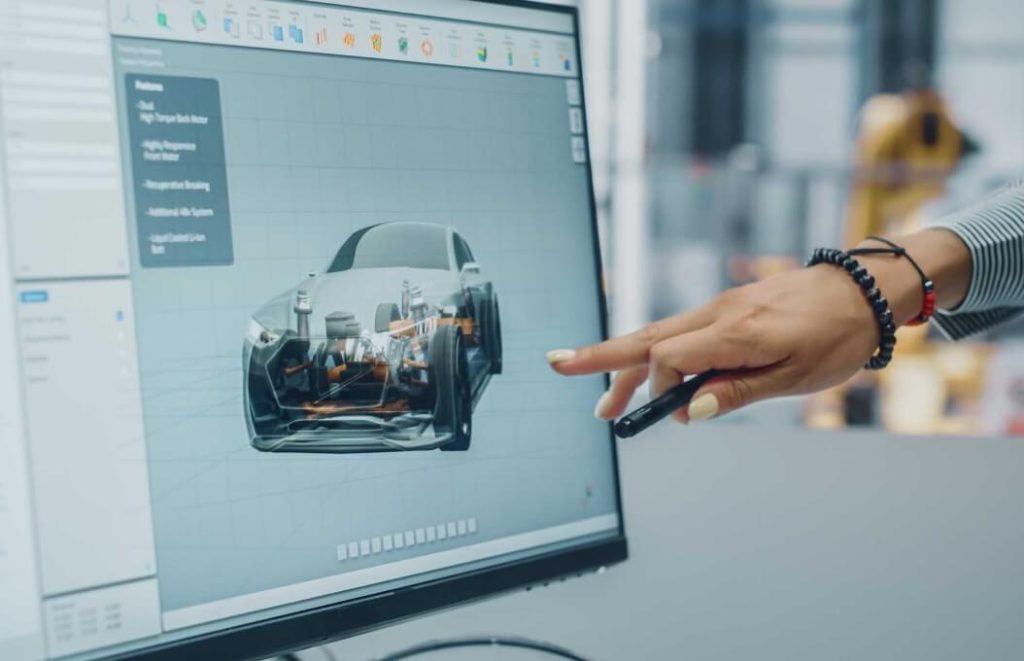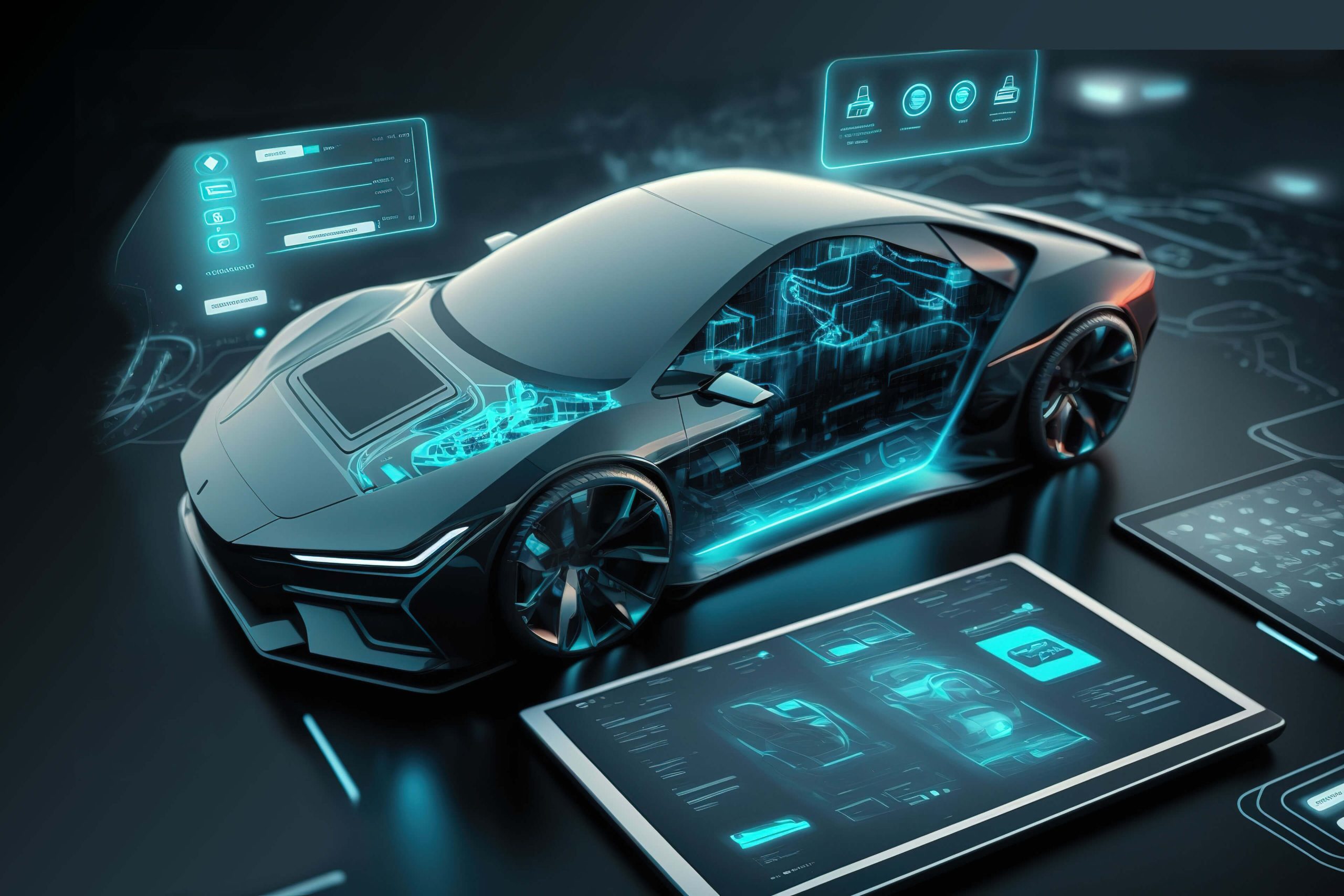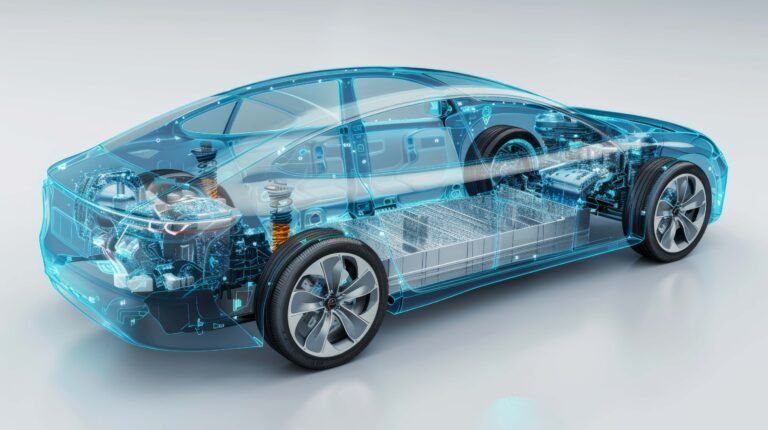The industry

The Australian Automotive Industry is a significant contributor to the country’s economy, generating more than $180bn in annual revenue.
This includes the more than one million new vehicles and over two million used cars sold each year, as well as the significant aftermarket segment, encompassing parts, accessories, and maintenance services. Moreover, around 320,000 people are directly employed in the sector.
The industry is however facing significant disruption from new technologies and evolving consumer trends. These are expected to drive transformation in the coming years, creating both opportunities and challenges for traditional players.
For more information about our automotive and mobility market research services, please contact us.
Key trends shaping the future of the automotive and mobility sectors include:
1
Sustained Growth in Electric Vehicle (EV) Adoption
While the pace of EV adoption has faced some challenges due to infrastructure gaps and upfront costs, interest remains strong. Government incentives, ongoing improvements in charging networks, and advancements in battery technology are helping to maintain momentum. As these barriers are addressed, the adoption of EVs is expected to continue its steady upward trajectory in the coming years.
2
Expansion of Connected and Autonomous Vehicle Technologies
More vehicles are equipped with advanced connectivity features, enabling enhanced services like real-time diagnostics, over-the-air updates, and integration with smart city infrastructures. Autonomous driving technology continues to advance, with pilot programs and trials expanding in urban areas.
3
Advancement in Sustainable Manufacturing and Circular Economies
Automotive companies are focusing more on sustainable materials, energy-efficient production processes, and recycling. The sector is also embracing circular economy principles, aiming to reuse, recycle, and reduce waste across the supply chain.
4
Diversification of Mobility Services and the Sharing Economy
The growth of the sharing economy is diversifying, with services such as car-sharing, ride-hailing, and subscription models very popular, especially in urban environments. Electric and autonomous vehicles are increasingly integrated into these models, offering sustainable mobility solutions.
5
Rise of Data-Driven Innovation and Artificial Intelligence
Data analytics and AI are becoming more central to the automotive sector, revolutionising predictive maintenance, customer personalisation, and supply chain optimisation. AI-driven vehicle systems, from safety features to driver assistance, are also advancing, making cars smarter and safer.
For automotive and mobility market research services,
Contact Fifth Quadrant
FAQ’s
Automotive and mobility market research is crucial for understanding shifting consumer preferences, technological advancements and regulatory trends. It enables companies to innovate and stay aligned with market demands.
When conducting automotive market research, Fifth Quadrant accesses a wide range of relevant audiences, including vehicle owners, prospective buyers, fleet managers, EV enthusiasts, and tech-savvy consumers. This ensures clients engage the right audience to gain actionable insights and drive strategic decisions.
Common methodologies utilised in automotive research include car clinics, brand and communication testing, in-market tracking studies, customer journey mapping, post-purchase satisfaction surveys, and after-sales and service experience analysis. Additional approaches include electric vehicle (EV) adoption and sentiment studies, autonomous vehicle perception research, mobility trends and shared transportation studies. These methodologies provide comprehensive insights to inform strategic decisions in the automotive sector.
AI is reshaping automotive and mobility market research by advancing sentiment analysis, predictive analytics and streamlining data collection and processing. These capabilities enable faster, data-driven insights, helping businesses adapt quickly to market changes and enhance customer engagement.



)


